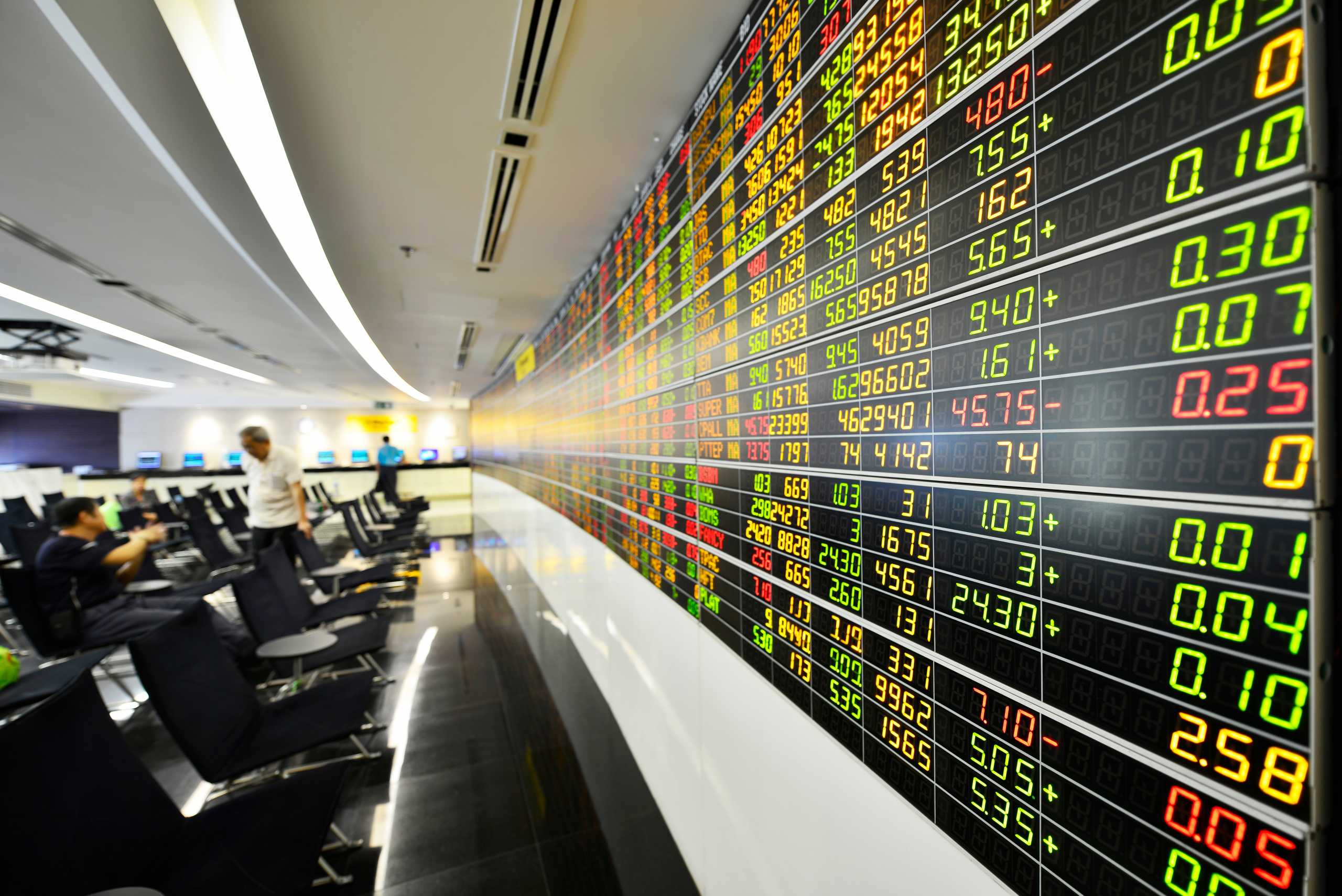In Asia, Initial Public Offerings (IPO) is a method by which companies can raise funds from investors. IPO refers to private shares being made available to the general public. The first time a company offers its stock for sale to everyone.
To increase their capital, companies frequently resort to an initial public offering or IPO, which sell the stocks of a firm to outside investors for the first time. An IPO allows early-stage companies to expand and raise cash for growth and development instead of going down the venture capital route that typically involves giving up some control over their business. It also gives existing shareholders a chance to sell their shares.
What is an IPO?
An Initial Public Offering (IPO) is a term used to describe the first time a company’s shares are offered for sale to the general public. It is an opportunity for the original backers, such as individuals and venture capitalists, to cash out their investments.
The IPO process begins with a disclosure document called a prospectus. This contains valuable information about the company that potential investors should know before they buy-in, including risk factors and past financials – both good and bad.
These days, most companies do not list on exchanges like NYSE or NASDAQ until months after their IPO has occurred. Instead, they will list what is known as ‘over-the-counter markets’ where trading is less frequent and liquidity may be lower. However, the process is the same as buying into any other company (i.e. you go to Etrade or whatever online broker and purchase some stock).
Many new companies will use their IPO to raise money for further expansion or maybe even acquisitions of other firms in their industry. Many more prominent name companies have gone public over the years, including Microsoft, Google and Apple.
There are two types of IPOs: fixed price and book-building process.
In a fixed-price system, early-stage companies offer a specific number of shares at a fixed price. Book building is an auction process for allocating shares to institutional and other investors. It’s one way of mitigating the information asymmetry between the issuer and market participants.
China has been a hot spot for Initial Public Offerings (IPO) in Asia. For instance, in 2009, more than 125 companies raised about $35 billion from their IPOs on Chinese exchanges alone. The 2010 IPO activity was even more impressive as at least 140 new listings on major global exchanges resulted in more than $61 billion being raised from these transactions.
Most Asian countries have been very positive towards developing IPO markets since they view it as a sign that their economies are maturing and becoming more market-oriented. Although the Asian financial crisis has caused some setbacks in developing IPO markets throughout Asia, countries like Japan, China, India and Singapore remain committed to developing these capital raising windows.
Most public firms are well-established companies within their industries with solid track records for growth and profitability. This might explain why IPOs tend to perform well during periods of economic expansion, as they often represent attractive investment opportunities that provide both stability and high returns to investors.
For example, firms that went public on western exchanges between 1999 and 2002 outperformed other stocks by over 20% several years later (Henderson et al., 2005). However, this outperformance was not evident in all regions or periods, making it difficult to generalise. This means that the danger of investing in a company without conducting any research is still very real and can lead to significant losses for individual investors.
In conclusion
Companies will always need capital increases to keep expanding and be more productive with their business venture. IPO is one method, but other alternatives like debt financing (credit facility). It also has benefits like extra cash flow for operating expenses when all credit lines are maxed out. New investors and beginner traders are advised to use a reliable and reputable online broker from Saxo Bank before starting their investment journey. For more information on Saxo brokers, visit their website here.






